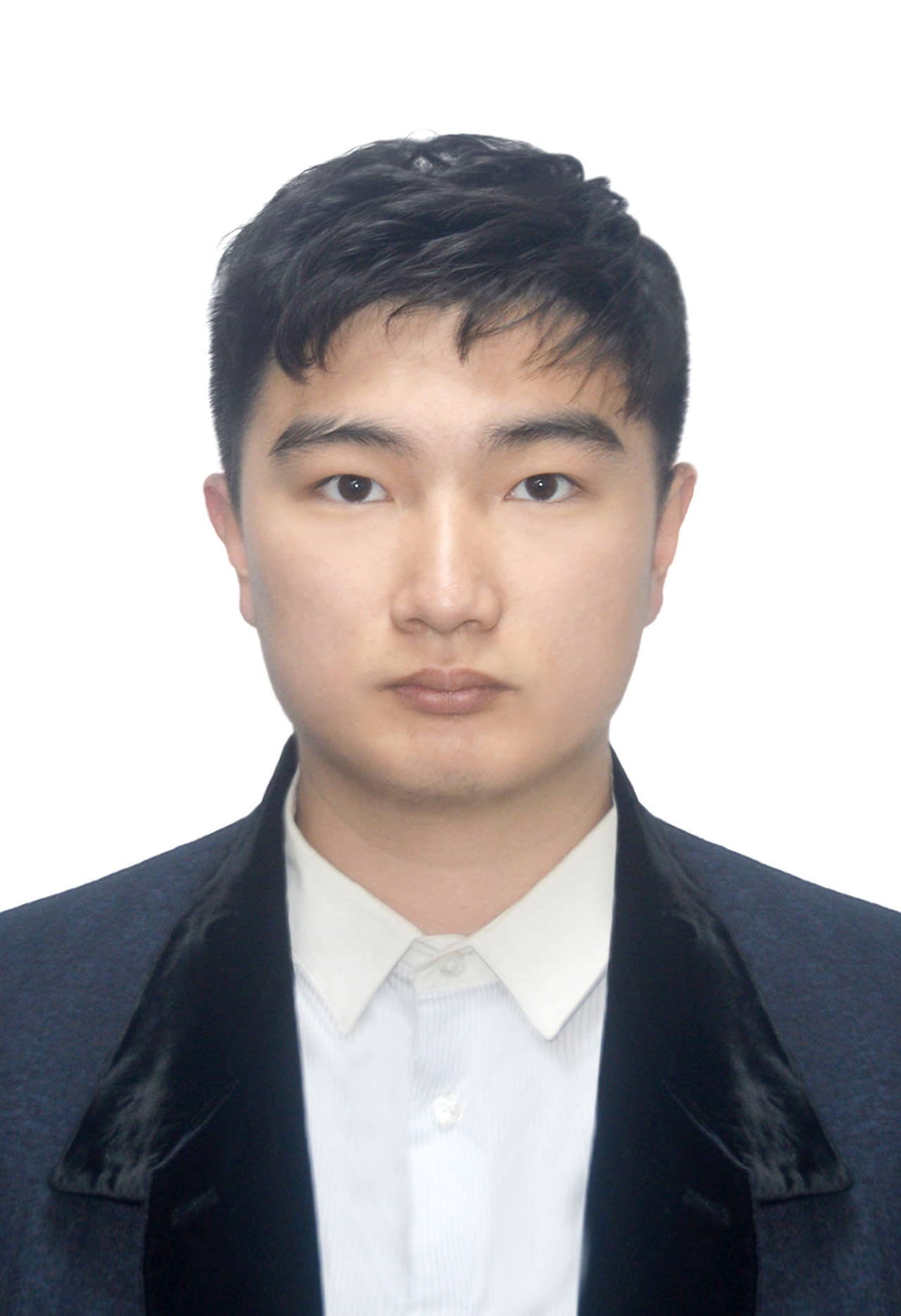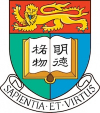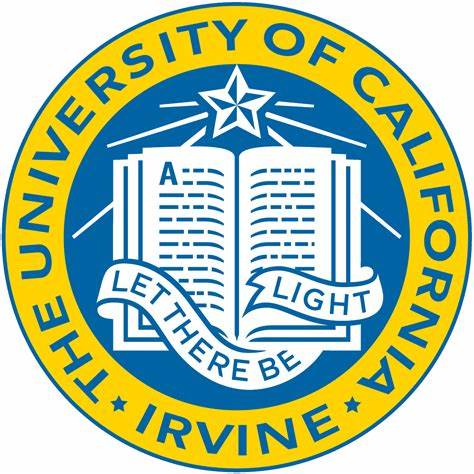- BSc in Mathematics and Statistics, First-Class Honours
- Mathematical & Optimization Courses:
- Numerical Ordinary Differential Equations – Stability & convergence analysis, applied to RL optimization
- Honours Differential Equations – Applied in stochastic dynamic programming & Bellman equations
- Honours Complex Variables – Conformal mapping & contour integration, useful for stochastic control
- Honours Analysis – Functional analysis and variational methods, applicable to policy optimization
- Statistics & Probabilistic Modelling:
- Financial Mathematics – Stochastic processes, Ito calculus, and Black-Scholes model
- Stochastic Modelling – Markov chains, Poisson processes, Brownian motion, key concepts for RL
- Statistical Computing – Monte Carlo methods, MCMC, and Bayesian inference
- Statistical Methodology – Hypothesis testing, regression, and statistical decision theory
- Programming & Computational Methods:
- Applied Statistics – Hands-on experience with real-world data, Bayesian updating in ML
- Python, C++, MATLAB – Numerical computing, algorithm development for RL applications
|
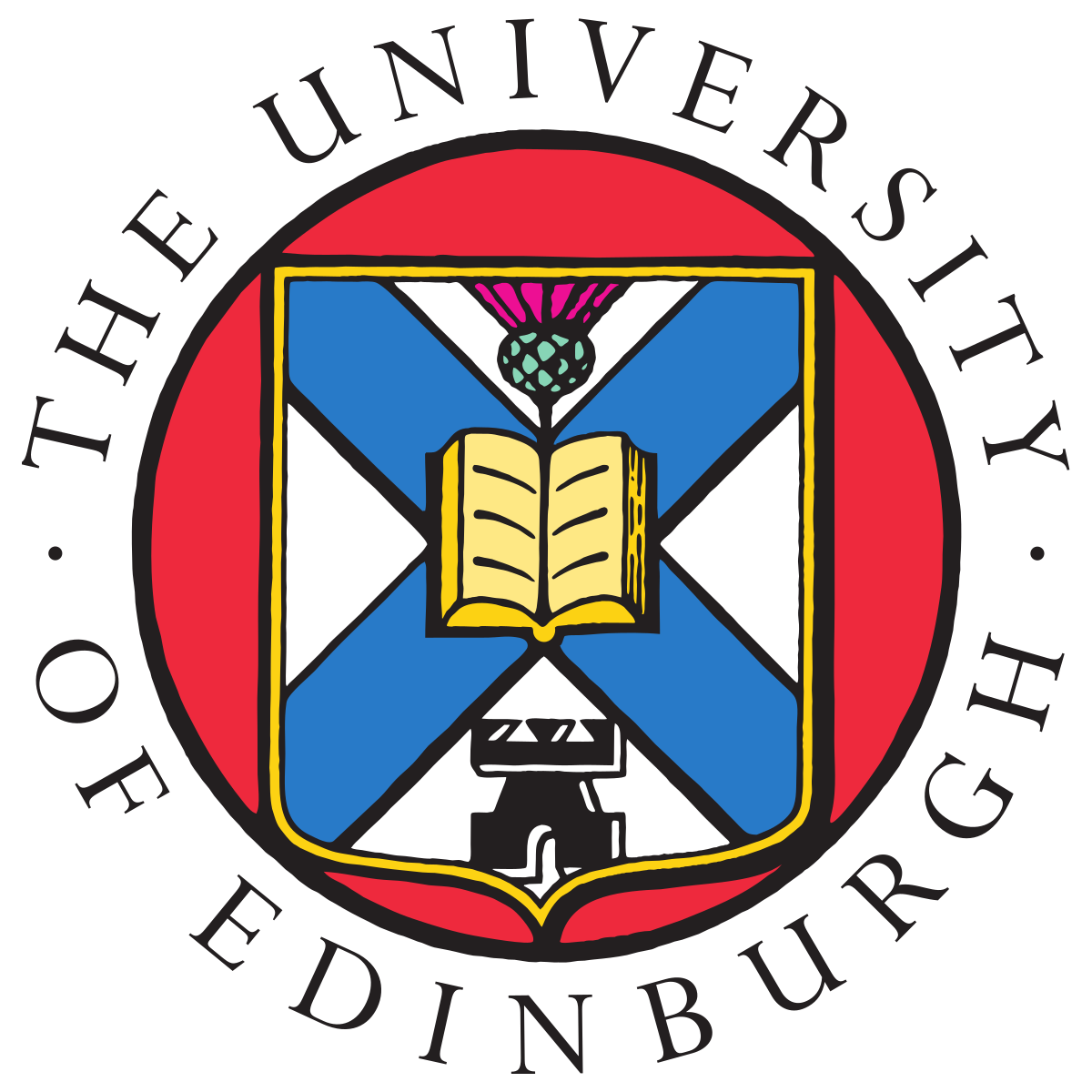
|
- BSc in Information and Computing Science, GPA: 89.2/100
- Mathematical & Theoretical Foundations:
- Mathematical Analysis (1-3) – Real & complex analysis, measure theory fundamentals
- Ordinary Differential Equations – Theoretical and numerical solutions to dynamic systems
- Abstract Algebra – Group theory, rings, and fields, applicable in cryptography & optimization
- Complex Function Theory – Applications in function approximation & conformal mapping
- Probability & Statistical Modelling:
- Probability & Mathematical Statistics – Statistical inference, Bayesian learning, decision theory
- Real Analysis – Measure theory and Lebesgue integration, foundation for stochastic processes
- Computational & Algorithmic Skills:
- C++ Programming – Algorithm design, object-oriented programming
- Python Programming – Data structures, numerical computation, scientific computing
- Mathematical Modelling – Applied techniques in RL-based decision-making and optimization
|
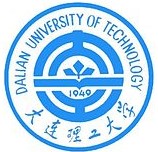
|
